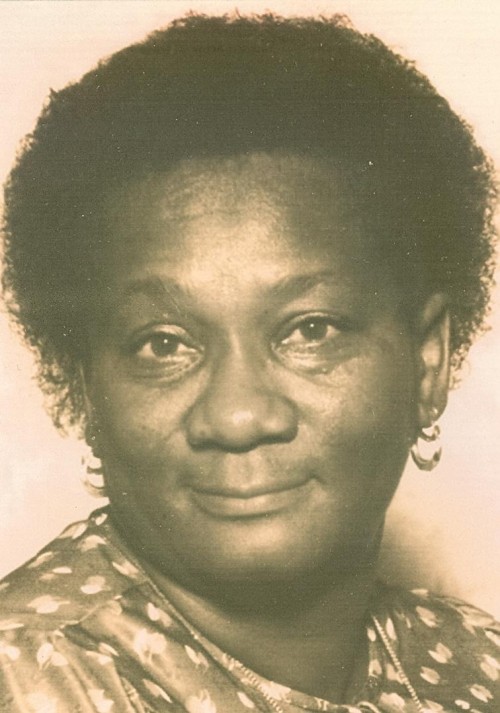"The Elephant Man" (Baton Rouge)
January 25, 2010
Octavia McCoy White
January 28, 2010The U.S. Census Bureau held two meetings in the Tri-Parish area this week to stress the importance of this year’s census to area residents and legislators. This year’s census will determine how $4 trillion dollars and congressional seating is allocated for the next 10 years. Because Louisiana depends on federal funding and will likely lose a congressional seat, getting an accurate count is more important than ever.
Redistricting was the largest concern discussed at a meeting at Nicholls State University on Tuesday, which was attended predominantly by area legislators.
Redistricting has a reputation for devolving into gerrymandering, or creating bizarrely shaped districts designed to pen a race or political party into one district. Due to changes in redistricting laws, however, that has become next to impossible.
“It’s not what you read about in newspapers, where officials can draw lines wherever they want to, to put certain voters in certain districts,” said Louisiana House of Representatives Clerk Alfred “Butch” Speer. “There are legal restrictions on the process”
Redistricting may be especially contentious because, “The idea that Louisiana will lose a congressional seat is all but a foregone conclusion,” said state Rep. Rick Gallot (D- Ruston). That would likely mean a battle over redrawing district maps in Baton Rouge later this year, but redistricting laws have tamed that process.
Due to its history of segregation and racial troubles, Louisiana was given special restrictions by the Voting Rights Act, and has to submit it’s redistricting plans to the Justice Department for pre-approval. Louisiana last lost a seat after the 1990 census, and its redistricting plan was thrown out twice for “racial gerrymandering.” As a result, legislators are taking extra caution to make sure that Louisiana’s elections aren’t hindered.
“You cannot make these districts unless the federal government has bless them,” said Speer.
Census numbers will not be reported in time for the 2010 general election, which means Louisiana will maintain all seven of it’s seats in the House of Representatives until then. By the end of 2011, however, the state legislature is legally required to submit it’s redistricting plan to the federal Justice Department. Those plans will then be reviewed and decided upon by June 2012, and will be in full effect for that year’s presidential election.
If the legislature cannot get approval before its deadline, it may have to hold new elections once new districts are confirmed, and a federal judge could end up deciding how to redistrict the state, said Speer.
According to Speer, Louisiana has never had a redistricting plan approved on its first attempt, but he holds out hope for this year’s census.
“Although this process is difficult, it’s not impossible,” he said.
In spite of a grim outlook, state and local officials have added an extra round of public meetings to “get out the count.”
All of the libraries in Terrebonne and Lafourche Parishes have agreed to be Be Counted Centers where area residents can turn in their census questionnaires and get help filling their forms out.
Mary Ussin, a partnership specialist with the U.S. Census Bureau working in the Tri-Parish area, Louisiana had a 67 percent response rate in the last census. This year’s major census push is aimed at turning that trend around, she said.
According to Linda Henderson, who was recently appointed to the Governor’s Census Commission, “The state has more committees and more staff than ever before to make sure that the census count is accurate.”







